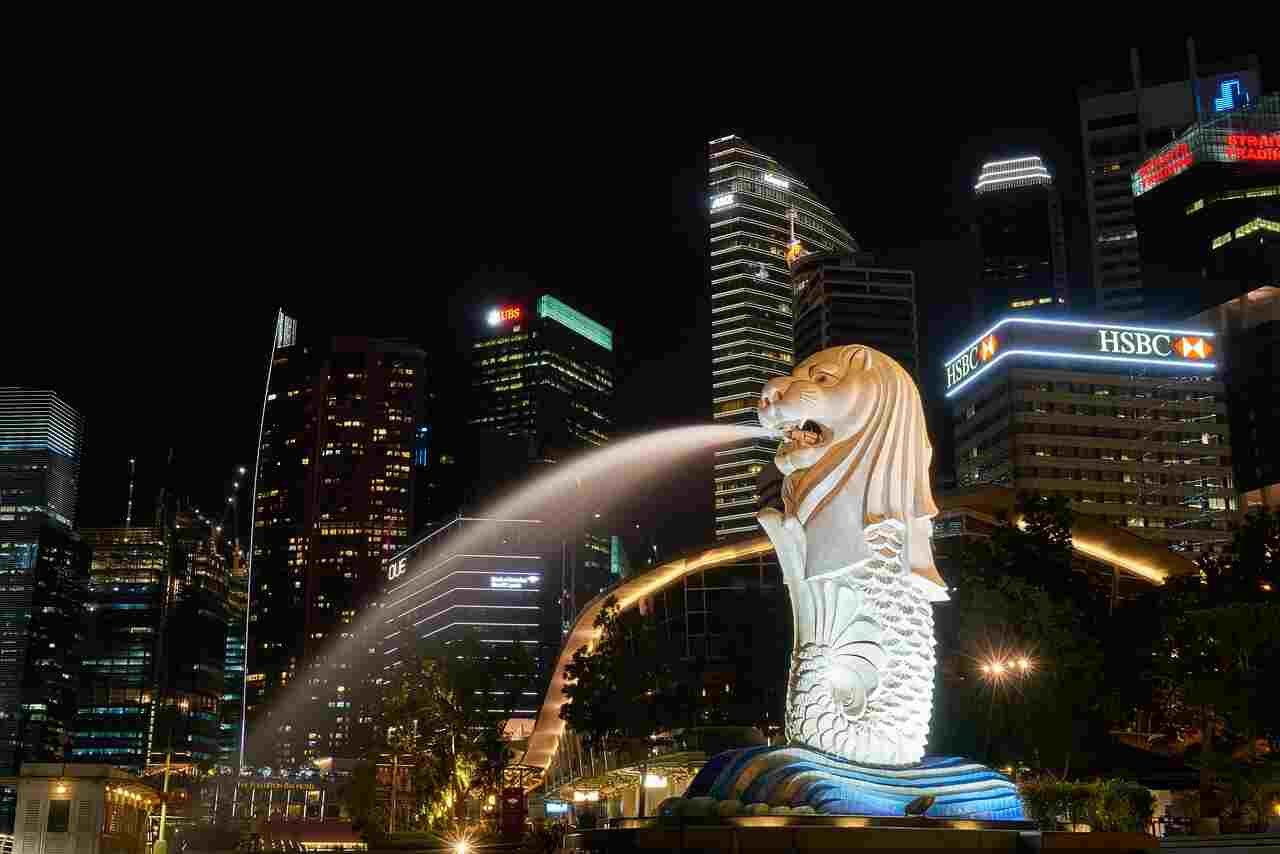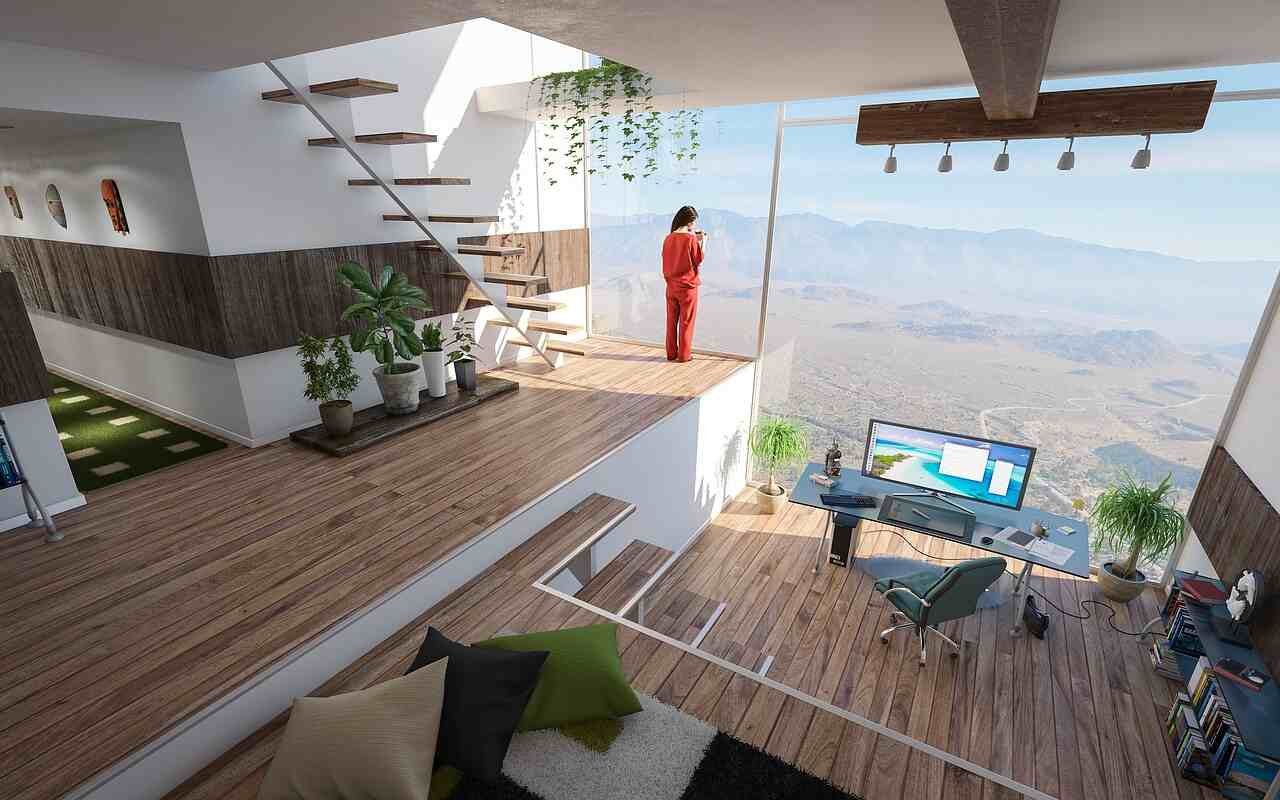Know before buying real estate in Singapore as foreigner

Know before buying real estate in Singapore if you’re a foreigner
Can a foreigner buy a house or apartment in singapore? Know before buying real estate in Singapore as foreigner.
1- The city is expensive and find out about the procedure if you’re a foreigner
Singapore is consistently ranked as one of the most expensive cities in the world when it comes to real estate, whether buying or renting.
A 30m² studio in the city center (Tanjong Pagar) sells for around SG$ 1 million dollars. The remote outskirts of the island (Jurong, Punggol, Woodlands) are more affordable but you have to accept much longer transport times.
Find out about the procedures
First of all, you have to register on the website of the Singapore Land Authority (SLA), a government entity dedicated to housing, and pay around € 750 in registration fees.
Foreigners can then acquire a private or condominium apartment. For any other property, they must obtain an authorization from the SLA. They also do not have the right to acquire social housing or land exceeding 1,393.5 m².
But beware, to buy a property in Singapore, you must have a permanent resident card, or “contribute in an exceptional way to the economy” of the country. Foreigners earning more than € 4,300 net per month belong to this second category.
2- Foreigners pay special taxes
ABSD, 4 letters that ruined the dreams of many foreign people who wanted to settle in Singapore. The ABSD (Additional Buyer’s Stamp Duty) is a special tax of 15% to be paid for foreigners (but not only) who wish to acquire property in the City-State.
The ABSD must be paid cash with your personal contribution. This means that it is generally very high.
3- The initial intake is high
The down payment for an apartment in Singapore is 20% of the sale price. You cannot therefore borrow more than 80% of the amount necessary for the purchase.
For example, for an apartment at 1.5 million dollars, you must have a personal contribution of at least 300,000 dollars.
Added to this are registration and agent fees (2-3%) and ABSD (15%). That is a total of $570,000 to be paid upon purchase (in the case of a $1.5 million condo).
4- You can’t buy just anything
Only private condos and apartments (all over the island) and possibly houses (but only in the Sentosa Cove area). You cannot buy HDBs, either new HDBs or even for resale. These are reserved for Singaporeans and Permanent Residents (PRs).
On the other hand, there are no quotas for foreign owners as in Thailand. That is to say that you can buy an apartment in a condo even if all the other owners are foreigners.
5- You rarely own the land
The majority of the land where the condos and houses are built are in “99-year leasehold”. That is to say that after 99 years, the land (and everything built on it) becomes the property of the State again.
By buying in “99 year leasehold” you are in fact buying for 99 years.
There are lands in “999-year leasehold” and “Freehold” (so as in France). But these are only a minority and especially the apartments in “Freehold” cost 50% more than their counterparts in “99-year leasehold”.
6- The apartments deteriorate rapidly
Living in Singapore means living in a tropical climate. With a humidity rate of 90%, torrential rains and a single season, the apartments suffer a lot from the weather.
It is not uncommon to see apartments that are 5 or 6 years old but look 15 or 20 years old. You should therefore renovate your apartment at regular intervals.
This is very common in Southeast Asia. And yet the situation in Singapore is much better than in Malaysia or Thailand where the apartments are generally less well built.
7- A bright future?
But then why are prices not collapsing? Prices have fallen (a little) for two years and analysts agree that this will continue.
And why do people continue to buy when the return on investment is increasingly long and above all uncertain?
- Because buyers are optimistic (and not always aware of the risks).
- Because it is still easy to borrow since interest rates are relatively low.
- Because the law is rather favorable to the owner.
- Because there is no real estate capital gains tax (if you have owned the property for more than 5 years).
- And quite simply because Singapore is a dynamic city that attracts more and more people. People come from all over the world to live in the Switzerland of Asia. Now you understand a little bit and know before buying real estate in Singapore as foreigner can help you to decide or not to buy a property in Singapore.
For the purchase of property in Singapore, the choice is slim and the bill is steep. The choice is even more limited if you are not Singaporean
This article Know before buying real estate in Singapore as foreigner, will help you to get a better understanding:
Singapore HDBs
HDB flats are flats built and maintained by the Housing Development Board (HDB). Over 80% of Singaporeans live in HDB housing estates. HDB settlements are usually small, self-contained neighborhoods with clinics, schools, supermarkets, popular restaurants, as well as sports and recreational facilities. To buy this type of apartment, you must be a citizen of Singapore and include another Singapore citizen or permanent resident of Singapore to form a family nucleus. More info on the official website www.hdb.gov.sg/
BTOs
An option often given to young Singaporean married couples under the age of 30 is government-built and government-funded apartment blocks for applicants who meet the eligibility requirements.
The Resale Flat or the resale of public apartments
Singaporeans can sell their public property after living there for a minimum of 5 years. These are often quite normal, old, small or in need of renovations. To buy an apartment in the resale market, you must be a Singapore citizen or permanent resident, and include at least one occupant who is a Singapore permanent resident or citizen.
Resale of Balance Flat or foreclosed apartments
Repossess Flats are the apartments seized by the government for non-payment, BTOs that were not chosen or for which the suitors did not meet all the conditions of purchase. The government prepares a list, and a few times a year it sells these apartments on its site. Interested persons can apply by choosing one of the available districts. Afterwards they will receive an answer following a draw between the eligible people of the chosen territory.
Condominium
In Singapore, “condo” or “condominium” are terms used for a housing estate that includes a collection of apartments with exclusive features like security guards, swimming pools and a gymnasium. Condominiums in Singapore come in the form of studio units, penthouses, detached houses or multi-room units.
The property with plot of land
Properties with a plot of land in Singapore are worth much more than condominiums, as they require a certificate of ownership of the land. It is a very precious commodity in the country. Many homeowners are looking to buy real estate to provide them with long-term assets during an economic downturn. Forget this option immediately if you are not Singaporean and if you do not have a few million or more to put on the table.
Restrictions for foreign buyers in Singapore
While a resident of Singapore can buy a home fairly easily, there are restrictions in place for foreign investors. A foreigner who wants to buy a housing property must adhere to a strict set of rules that have been established by the Field Operations Accreditation Unit.
Foreign persons (including natural persons, foreign companies and companies) are restricted from the purchase of:
▪ Vacant land
▪ Residential real estate with land, bungalows, terraced houses, semi-detached houses
▪ Residential real estate in a building of less than 6 levels
▪ Commercial space belonging to HDB
▪ HDB apartment purchased directly from the government
▪ Resale HDB apartment where HDB has consented to the sale
▪ Executive condominium purchased under the Executive Condominium Housing Scheme Act 1996
Disclaimer: The content of this publication is provided for general information only and does not constitute legal, financial, tax or other professional advice from Bali Home Immo. Some of the information provided in this publication is obtained from a third party source and we do not guarantee that the content of this publication is accurate, complete or up to date. Past performance is not indicative of future performance and should not be used as the basis for any investment decision.
Photo credit: Engin_Akyurt via Pixabay





